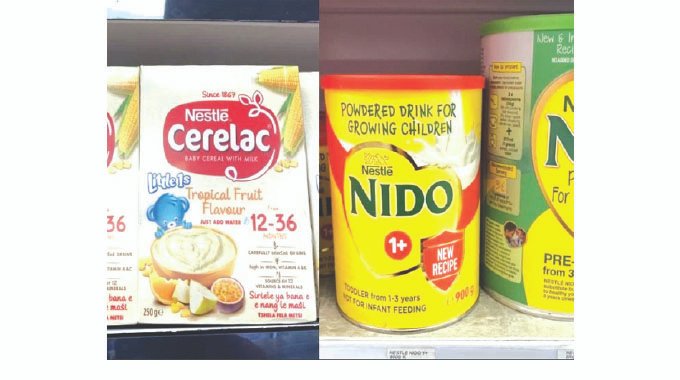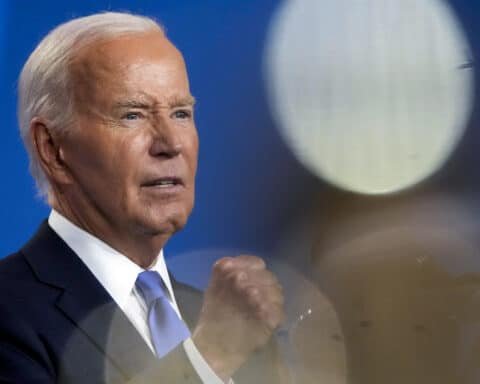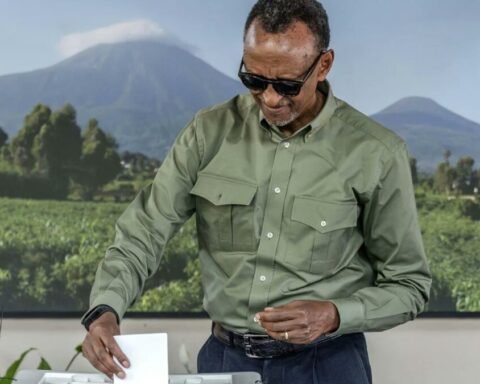Nestlé faces scrutiny for its baby food practices. The company stands accused of selling baby food with added sugar in lower- and middle-income countries, such as South Africa, while marketing sugar-free versions under the same branding in Western markets. A joint investigation by Public Eye and the International Baby Food Action Network (IBFAN) examined 150 Nestlé baby food products in these regions, analysing packaging nutrient values and conducting laboratory tests where necessary.
The report, released just before Nestlé’s annual general meeting, revealed that popular brands like Nido and Cerelac had significantly higher sugar content in lower- and middle-income regions compared to wealthier countries, despite identical branding. Cerelac averaged four grams of added sugar per serving in these regions, while Nido contained an average of two grams per serving. In contrast, products in Switzerland, Nestlé’s home country, had zero grams of added sugar per serving.
In South Africa, the largest market for these products on the continent, all Cerelac variants contained four or more grams of sugar per serving, while Nido products for children aged one to three contained an average of 0.9 grams of sugar per serving.
Nestlé defended its regional recipe adjustments, arguing that they do not compromise nutritional integrity and are influenced by factors like regulations and consumer preferences. However, health authorities advise against adding sugar to baby food, citing risks of childhood obesity and future health problems. The World Health Organization has called for a ban on added sugar in products for babies and young children under three since 2022.
Karen Hofman, a public health professor at the University of Witwatersrand, criticized the discrepancy in sugar levels as a form of “colonization,” emphasizing that there is no valid reason to add sugar to baby food anywhere.
Nestlé spokesperson Mota Mota stated that the company has taken steps to reduce sugar content across its product range, including removing added sugars from growing-up milks for children above 12 months. He emphasized Nestlé’s commitment to meeting local and international regulatory standards while crafting formulations tailored to support children’s growth and development.








